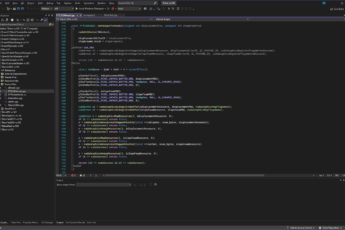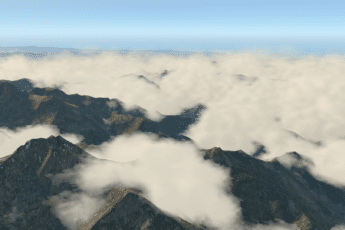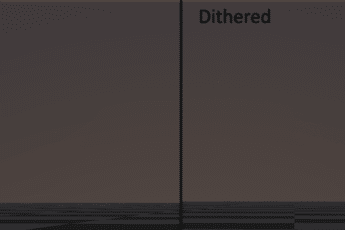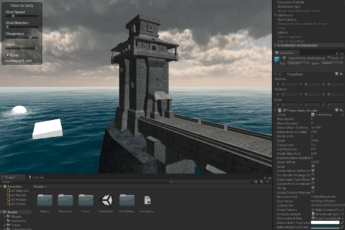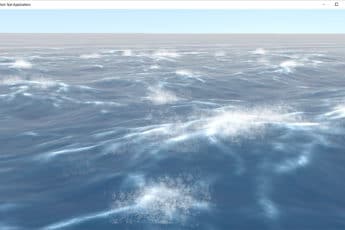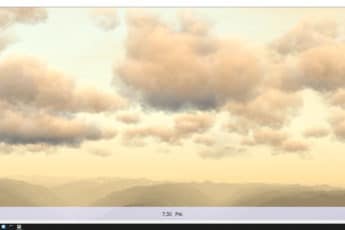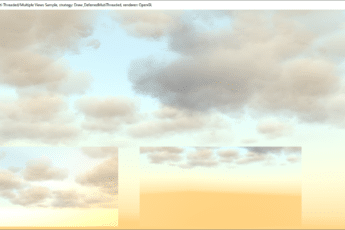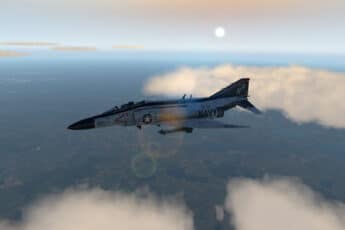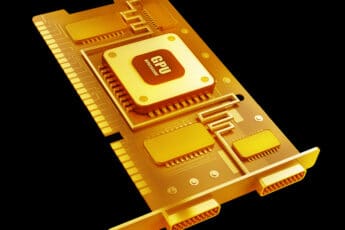There are a few common questions we get from new customers, and we find ourselves referring to a few of our past posts that explain them pretty often. If you’re new to SilverLining or Triton, here’s some recommended reading you...
Today we released SilverLining 6.24 and Triton 4.47. There are a few minor changes, but the big news is in platform support! Both now include pre-built binaries, samples, and project files for Visual C++ 2022, using the vc143 toolset. You...
Silverlining’s “stratocumulus” cloud type is rendered via GPU ray-marching instead of particles. This “volumetric” approach avoids all of the artifacts that come with billboard particles, but it comes at a cost. Since volume rendering just renders a slab with a...
A problem that’s plagued SilverLining since its inception is color banding. In twilight conditions, there is a very narrow range of colors in the sky from the rising or setting sun, and 8 bits of color per channel just isn’t...
Triton’s training-quality oceans are available again for the Unity game engine. Our Triton 3D Ocean SDK has provided simulation and training-grade oceans to C++ OpenGL and DirectX developers for years. But, the industry trends are clear – more and more...
We recently updated our demo application which made us think more deeply about some of the aesthetics of the Triton Ocean SDK. Our latest release, Triton 4.39, includes a round of visual improvements to help your simulated water look more...
We’ve always offered a downloadable demo showcasing the capabilities of the SilverLining Sky, 3D Cloud, and Weather SDK and the Triton Ocean SDK for people who want to see how it performs on their own system. It had been a...
Sundog Software LLC released version 6 of the SilverLining 3D Cloud, Sky, and Weather SDK, featuring big performance boosts and support for multi-threaded rendering across a wide variety of cloud types and rendering technologies. SilverLining is a software library for...
SkyMaxx Pro, our add-on for the X-Plane flight simulator, just got a new major revision. Version 5 brings SilverLining’s newly improved volumetric clouds to the world of X-Plane! These are true, GPU ray-marched clouds based on underlying 3D volume textures,...
We’ve just updated the Windows build of our Triton Ocean SDK to use the latest version of NVidia’s CUDA Toolkit: 11.1. This allows Triton to take full advantage of the latest GTX 30xx cards. There is a catch, however –...



